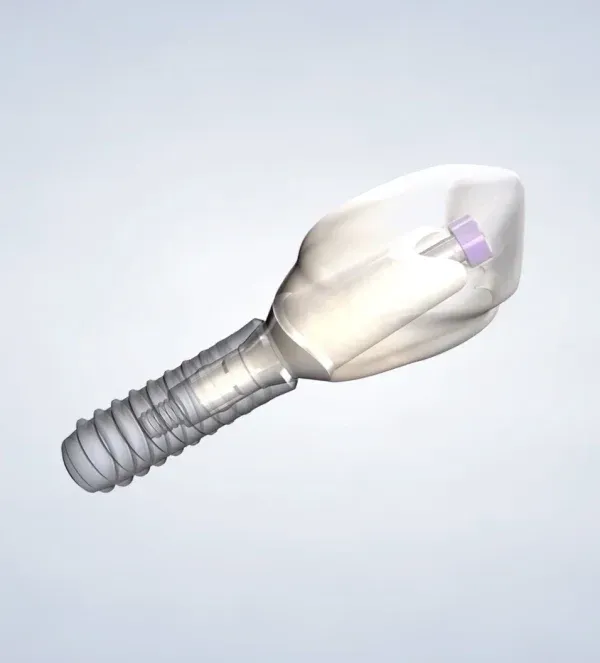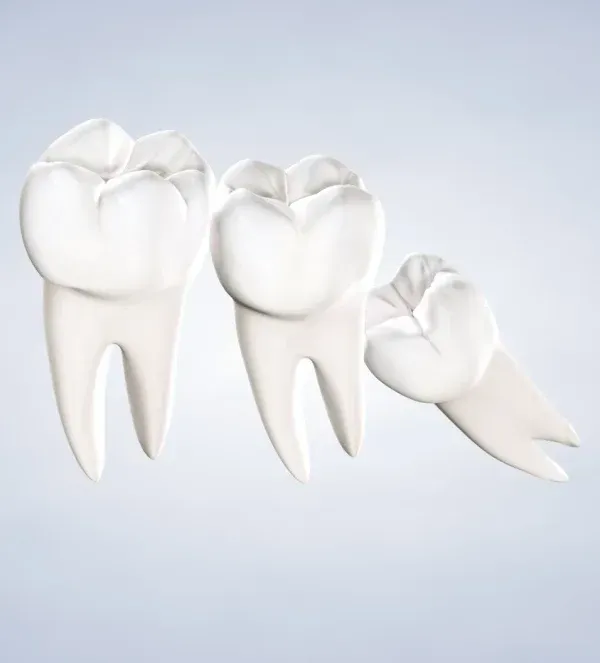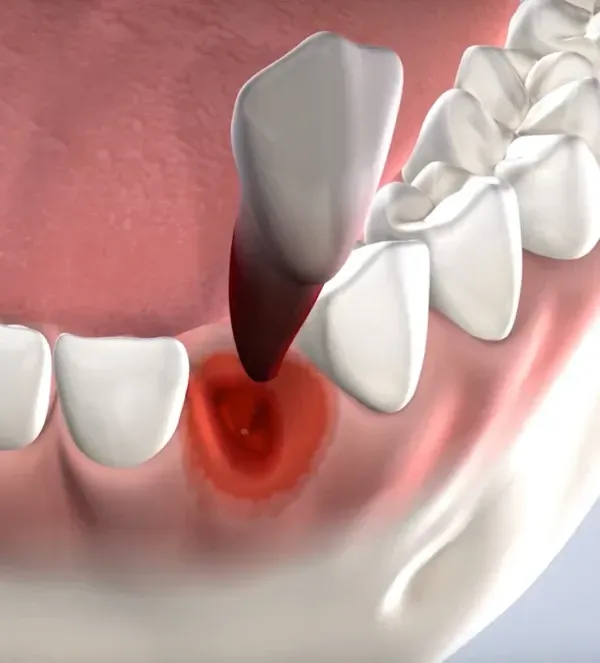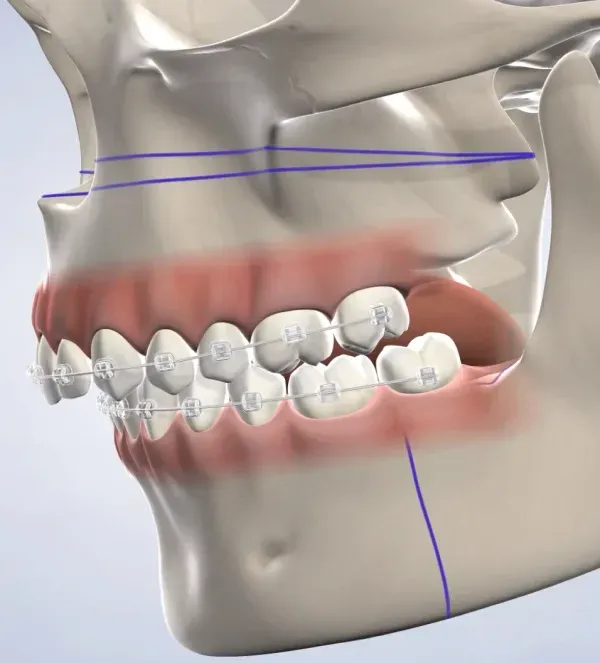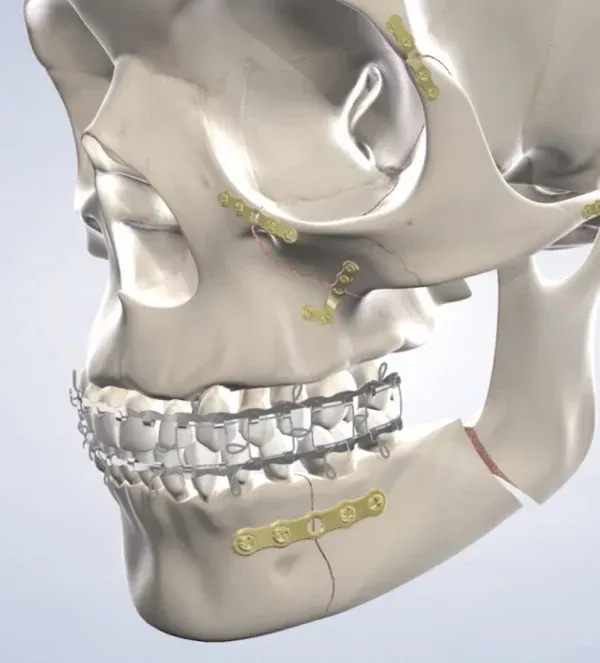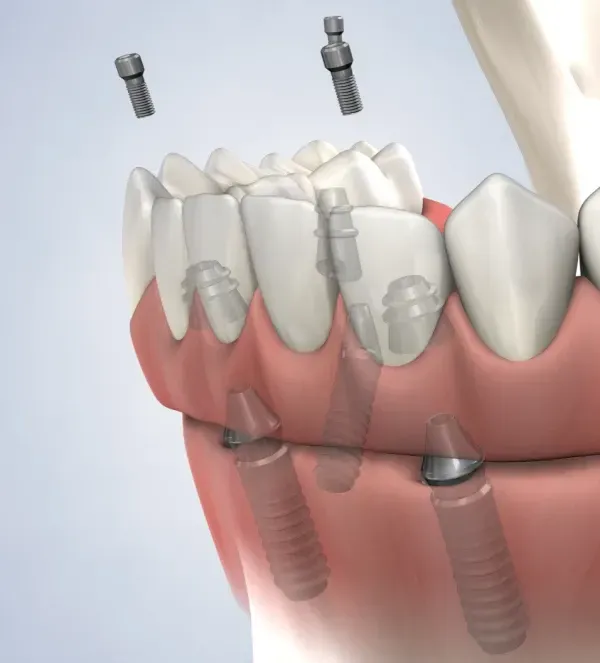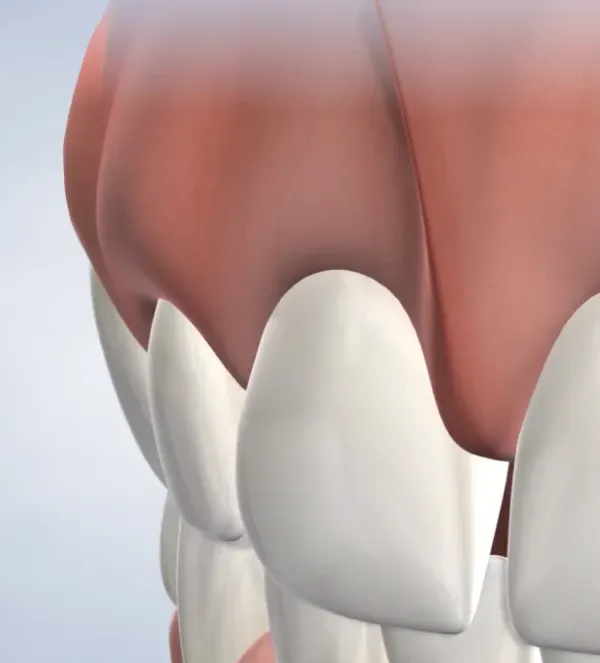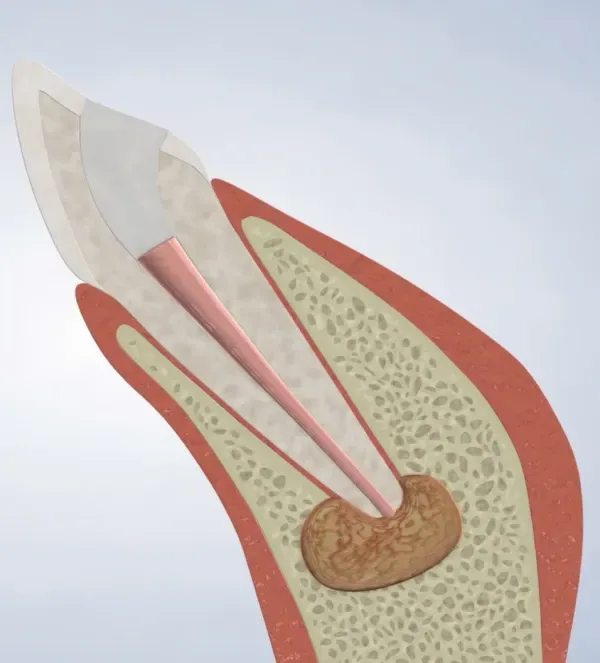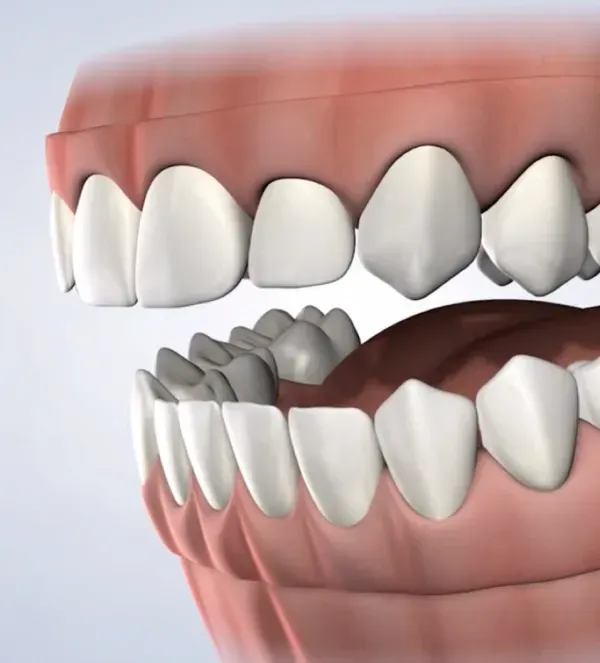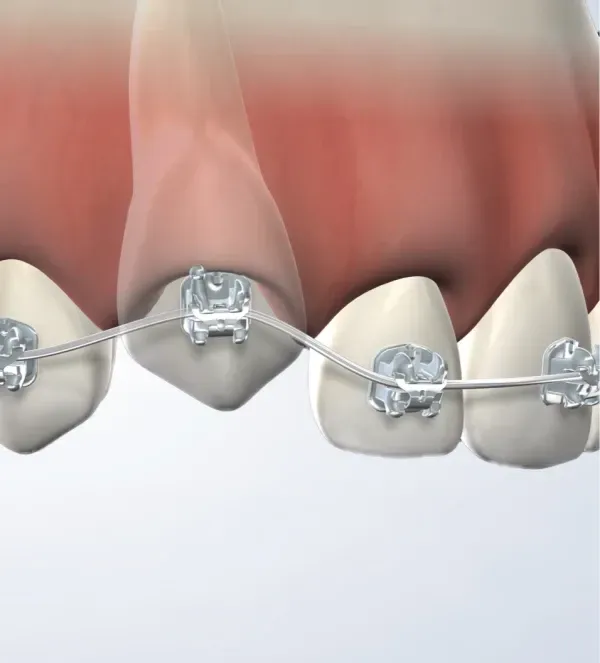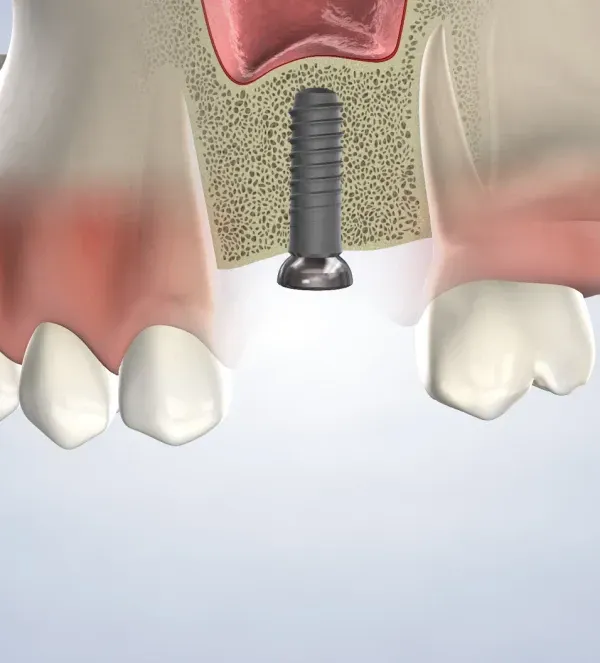Procedures
We offer the full scope of oral surgery care in the comfort of our surgical suites located in Avon, Glastonbury, and Enfield, or at a nearby hospital, depending on the nature of the procedure. Our doctors, staff of RNs, and certified oral surgery assistants work continuously to monitor patients during procedures and ensure optimum surgical results.
Additional Procedures
Oral Pathology
We diagnose and treat diseases that affect the oral and maxillofacial areas, which include lumps, patches, and oral cancer.
Surgical Treatment of Sleep Apnea & Snoring
Reducing or tightening tissues of the palate and throat can treat obstructive sleep apnea by allowing proper airflow.

